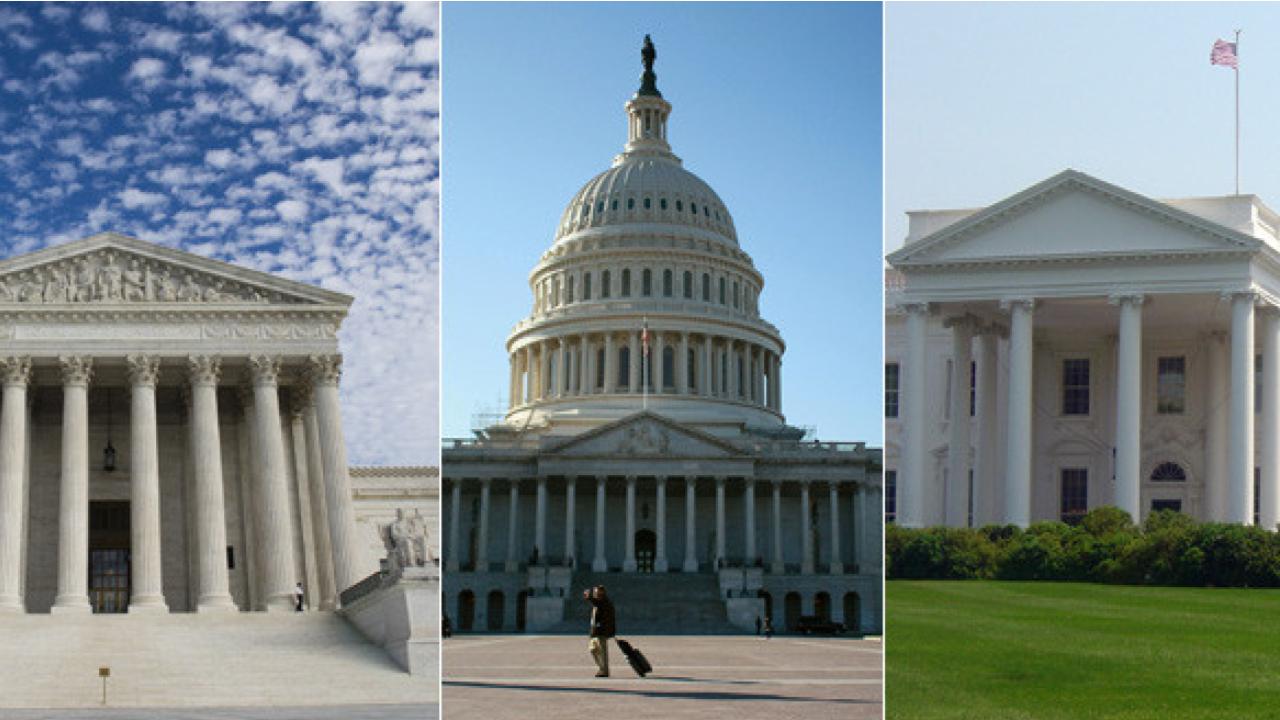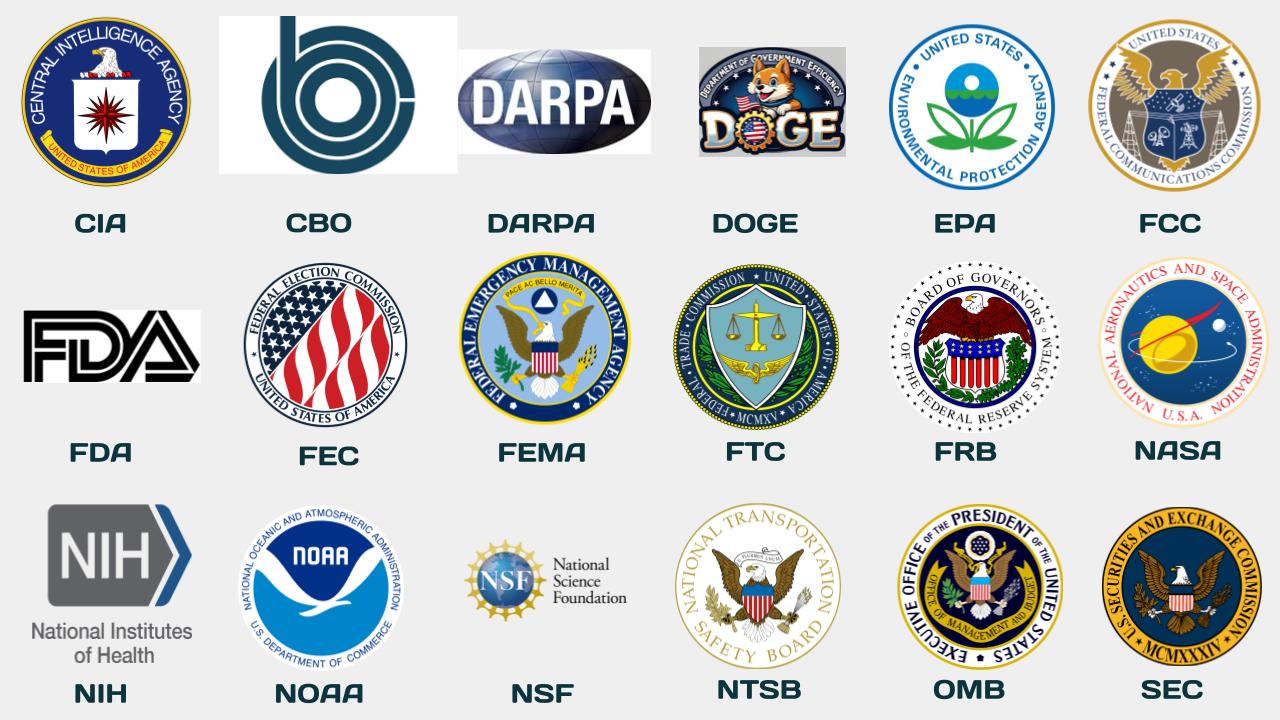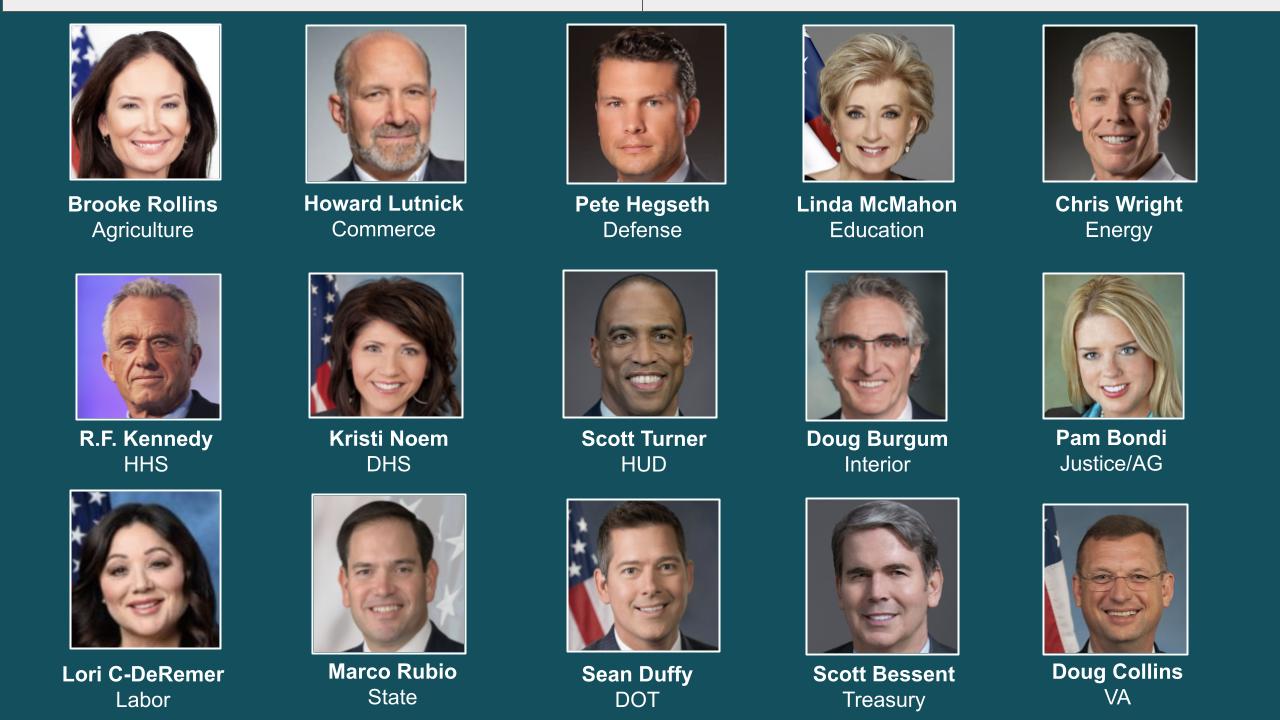The feature US onAir post this week is on Decentralized Social Networking Protocol (DSNP). DSNP is an open protocol and potential standard for social networking and social media. It is not owned or controlled by any one person or company, allowing anyone to build on it or use it. DSNP is stewarded by Project Liberty Institute, a 501(c)(3).
- You can view posts related to DSNP and Project Liberty by selecting this People’s Internet category link.
- Throughout the week, we will be adding to this post articles, images, livestreams, and videos about the latest US issues, politics, and government (select the News tab).
- You can also participate in discussions in all US onAir posts as well as share your top news items and posts (for onAir members – it’s free to join).
____________________________
The US onAir Network with 50 state onAir hubs and a national hub , is managed by the nonpartisan, nonprofit Democracy onAir, supports US citizens and our constitutional democracy by bringing together information, organizations, policy makers, and the public to facilitate greater engagement in federal, state, and local politics and more civil, positive discussions and collaborations on important issues and governance.
OnAir Post: News for February 24 to March 2, 2025





